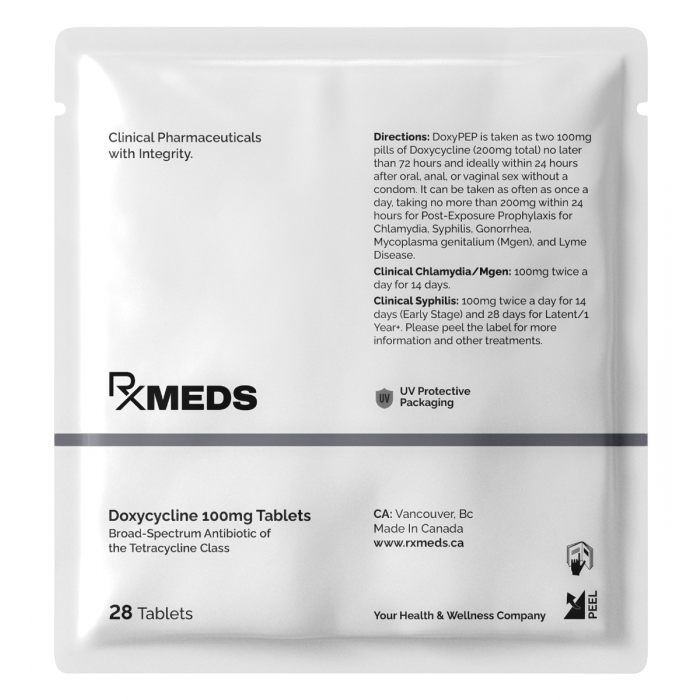 |
|
5 Customer Review
I’m thrilled with the results of this product! My Metformin arrived incredibly fast, the discreet packaging was perfect!
Checkout using your account
Checkout as a new customer
Creating an account has many benefits:

In stock
Rocky Mountain Spotted Fever (RMSF) is a serious bacterial infection transmitted by the bite of an infected tick, particularly active from April to September. It can quickly become life-threatening if left untreated. Symptoms typically emerge around seven days after the tick bite and may include fever, rash, headache, nausea, vomiting, muscle aches, and abdominal pain. The rash, a hallmark of RMSF, often appears as small, flat pink dots that start on the wrists, forearms, or ankles before spreading to the palms, soles, and potentially other body areas. RMSF can cause complications such as kidney failure, respiratory issues, and blood clotting problems if untreated. In severe cases, the infection can spread to organs, affecting the liver, brain, or heart, and may even result in coma.
Diagnosis of RMSF involves a combination of physical examination, recent outdoor exposure history, blood tests, and possibly a skin biopsy to confirm the presence of the bacteria. Once diagnosed, treatment typically involves hospitalization and antibiotic therapy, often with doxycycline as the primary choice for adults and children. In addition to antibiotics, medications to manage fever and pain may be prescribed.
Preventive steps are crucial for avoiding RMSF. These include wearing light-colored clothing with pants tucked into socks, using insect repellent with DEET on exposed skin, and treating clothes with permethrin to repel ticks. Check for ticks after outdoor activities, and ensure pets are treated with tick control products, as they can carry ticks indoors. If a tick is found on the skin, remove it carefully with tweezers, sanitize the area, and wash hands thoroughly. For additional prevention, maintaining a well-mowed lawn, removing leaf litter, and minimizing shaded, moist areas in the yard can help reduce tick populations.
If symptoms are present, management involves resting, staying hydrated, and gradually returning to daily activities. Individuals should seek immediate medical attention for severe symptoms like confusion, chest pain, difficulty breathing, or seizures. Early and effective treatment is vital to prevent complications and ensure recovery.
Always consult a healthcare provider to determine the appropriate dosage and treatment duration based on individual health conditions.